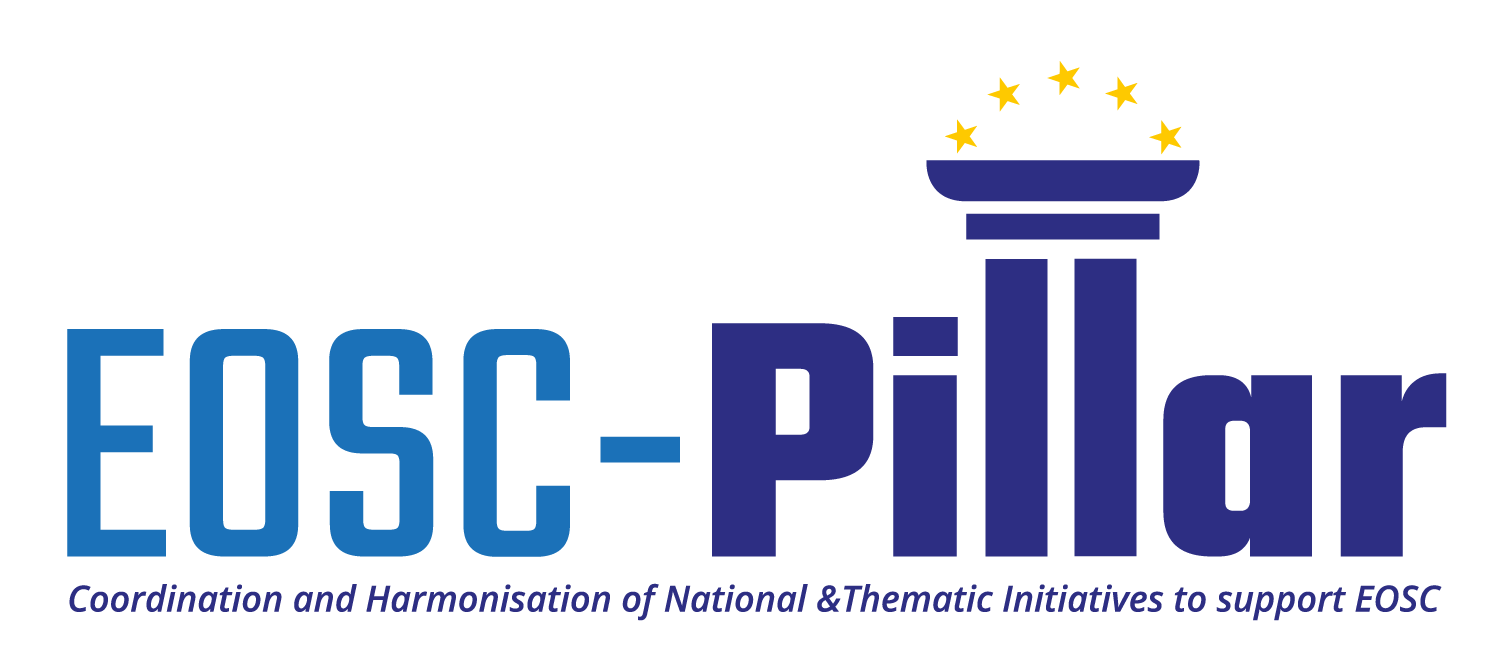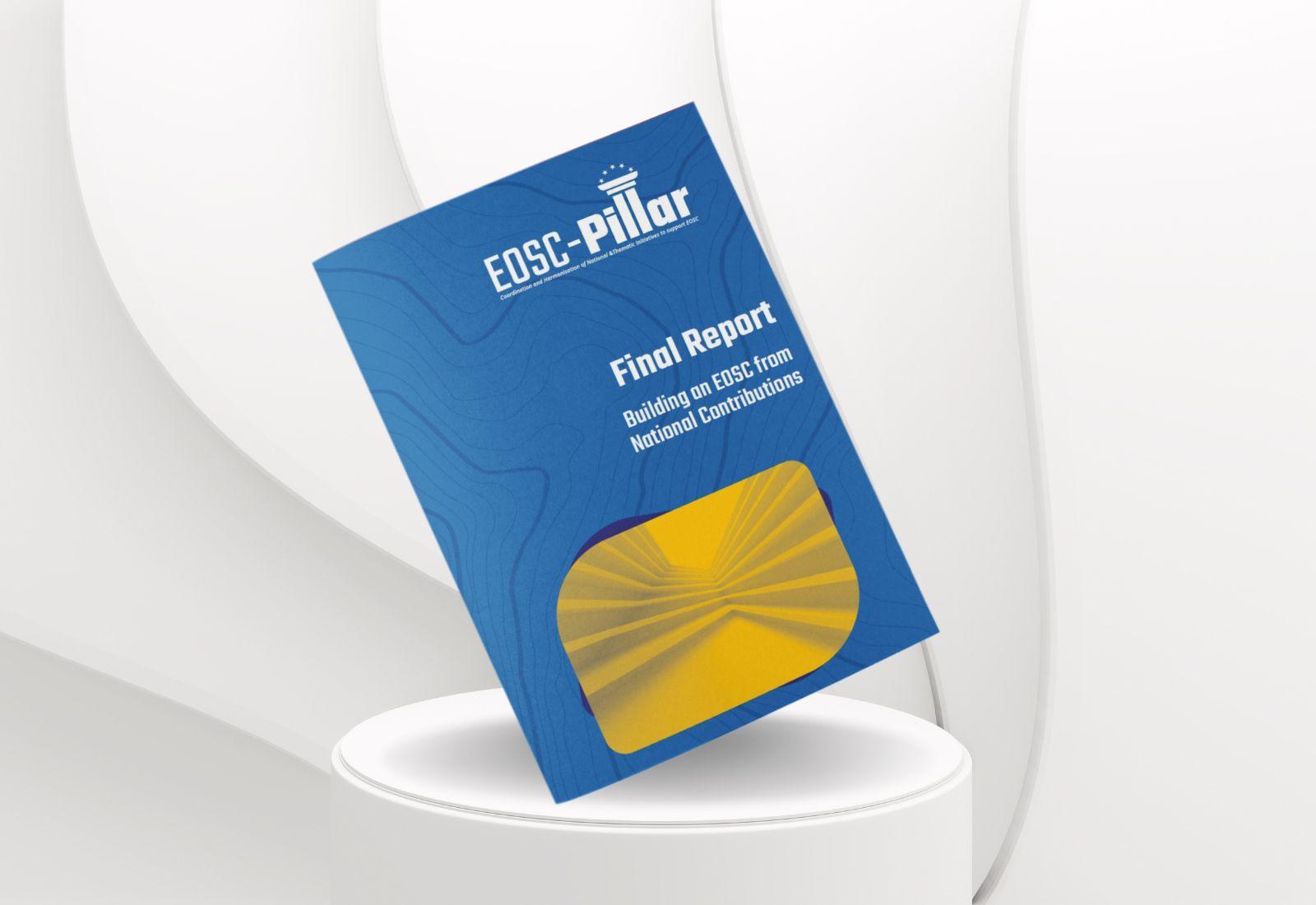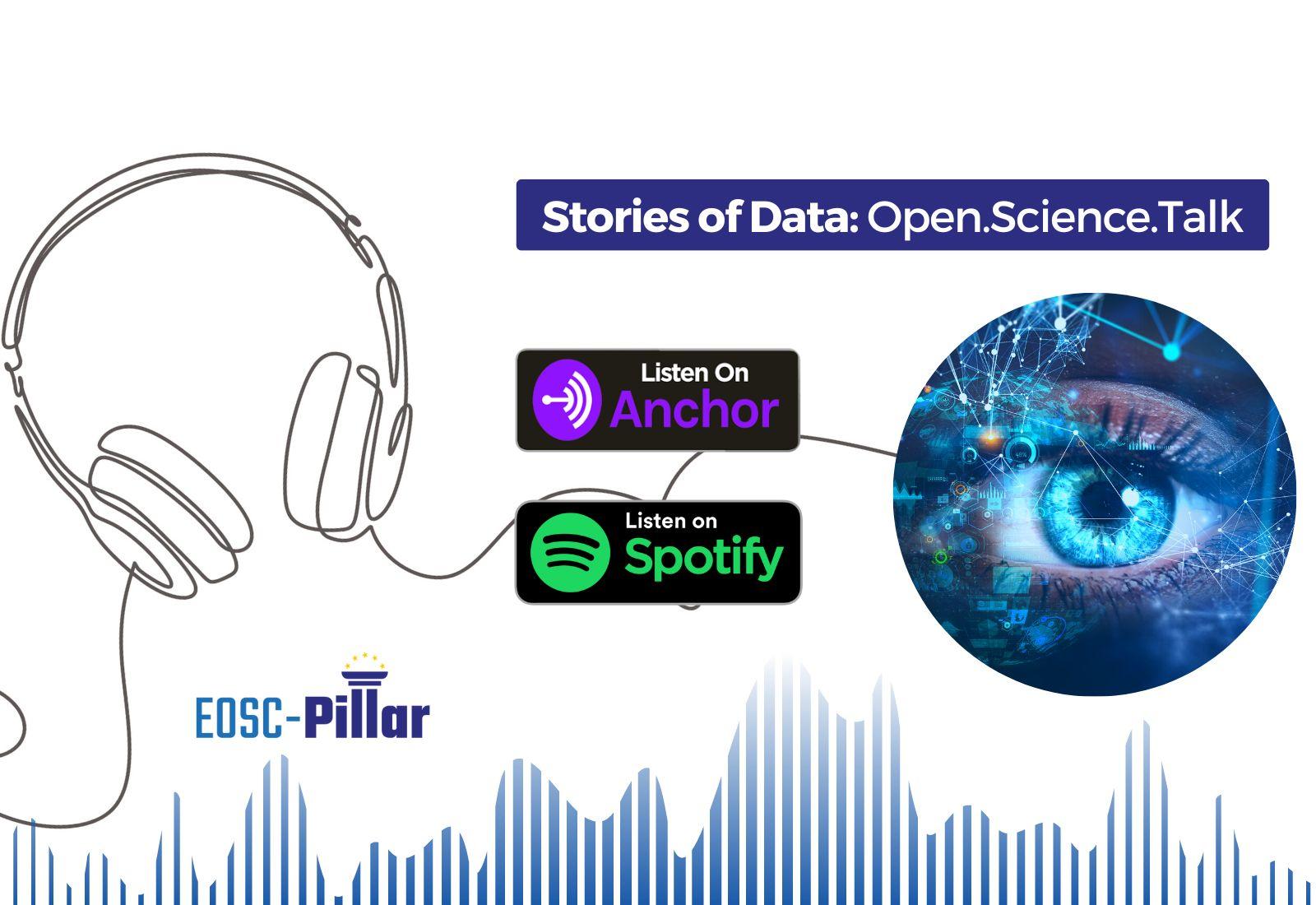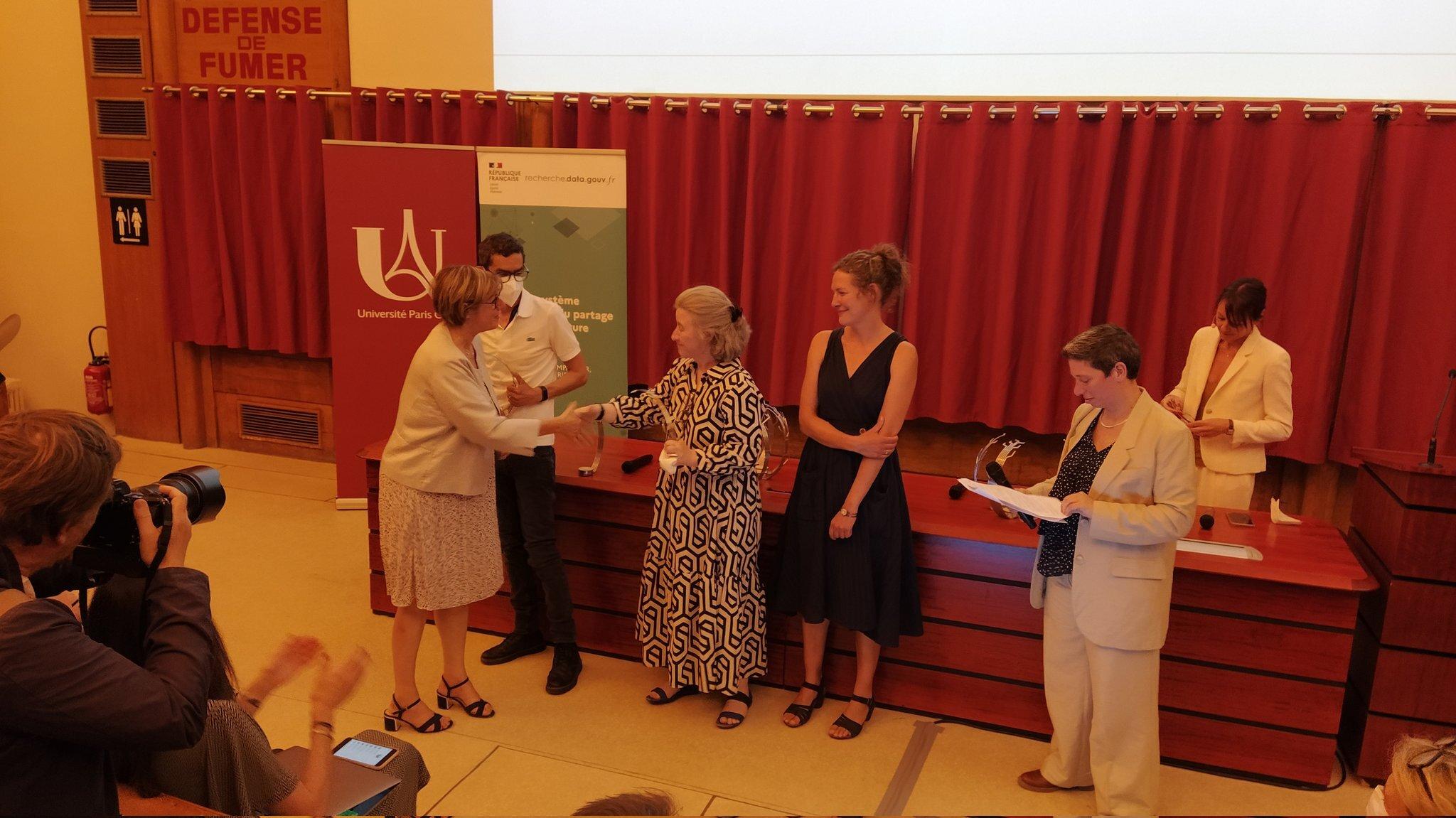
EOSC-Pillar at the ESOF 2020
September
05,
2020
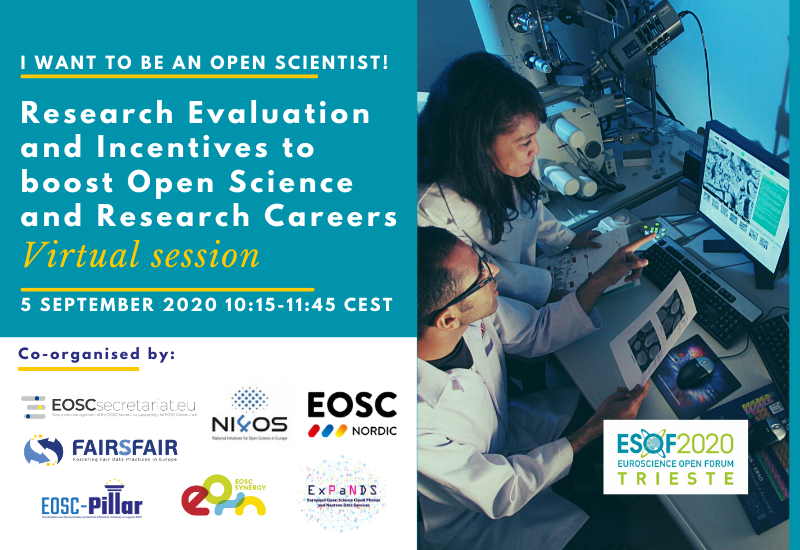
05 September 2020 - 10:15 to 11:45
Online
I want to be an Open Scientist! Research Evaluation and Incentives to boost Open Science and Research Careers
Everybody is talking about Open Science and FAIR data but can you really make a living (and a good career) out of it? Will my career get better if I FAIRify my data? Or will it just give me a headache? When someone will evaluate my research, will the fact that my data complies with all the Open Science best practices matter? Or am I just losing time I should rather spend publishing on whatever journal I can lay hands on? And where am I supposed to learn how to be fair and open anyway?
The right answer to these questions is crucial to the career choices and expectations of many students and young researchers, yes, but it is also the point which can make the difference between succeeding or failing in establishing Open Science (and ultimately Good Science). To be able to shift the research evaluation system in Europe in order to produce quality and reliable data, to set up a working incentive system for individual researchers and organisations is one of the keys to the widespread uptake of Open Science and FAIR practices. And being so crucial a point, we believe that researchers, Research Infrastructures, scientific organisations should have a say in this.
That’s why we proposed an interactive session where good ideas, innovative pilots, proposed policies from all across Europe were presented and discussed.
The session was organised by the EC INFRAEOSC-CALL-5 Projects, including EOSCSecretariat.eu, FAIRsFAIR, EOSC-Pillar, EOSC-Synergy, EOSC-Nordic, ExPaNDS, and NI4OS-Europe, that aim at co-create the European Open Science Cloud, stepping from the Stakeholder Community needs.
The format included mini TED from expert speaker to introduce the debate and audience contribution via interactive tools.
Please find the slides on the EOSC-Pillar Zenodo community
Themes for discussion included:
- Research Evaluation, Incentives, and Rewards in the Open Science Era
- Skills for the career programme with a focus on Data Stewards
- Policies for implementing Open Science
Speakers
- Moderator: Emma Lazzeri (CNR - Italian National Research Council) - EOSCsecretariat.eu
- Stefano Epifani (United Nations)
- Elena Giglia (University of Turin)
- Shalini Kurapati (Polytechnic of Turin)
- Gareth O'Neill (University of Leiden)
- Conor O'Carroll (SciPol Services Ltd.)
- Federica Tanlongo (GARR) - Representing the InfraEOSC-05 Collaboration
- Bernard Rentier (European University Association)



